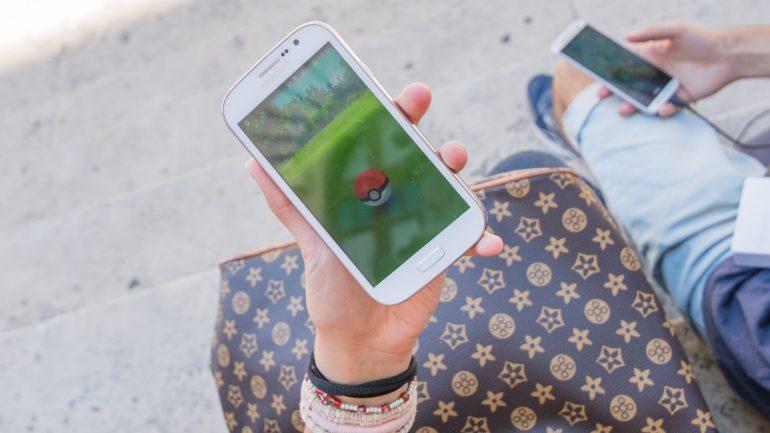Proposed ‘Pokémon Go’ Lawsuit Settlement May Remove Poké Stops, Gyms
By Stefanie Fogel
LOS ANGELES (Variety.com) – A proposed settlement in the class action lawsuit against “Pokémon Go” developer Niantic could remove or change a number of Poké Stops and Gyms in the popular augmented reality game.
The proposed settlement was filed in a California court on Thursday and applies to anyone in the U.S. who owns or leases property within 100 meters of a designated Poké Stop or Gym. If it’s approved, will have to take measures to prevent placing Poké Stops or virtual game items on private property in the future. It will have to maintain a form on its website where people can ask for the removal of Poké Stops or Gyms if they are within 40 meters of their residential properties. During a three-year period, Niantic must use “commercially reasonable efforts” to resolve these complaints and communicate a resolution within 15 days for 95% of cases each year.
The developer must also maintain a database for these requests and keep them for a minimum of one year, and work to avoid placing new Poké Stops or Gyms on single-family residential properties going forward.
The proposed settlement will also affect “Pokémon Go” Raids. If a Raid involves more than 10 participants, Niantic must send a warning message to players’ screens reminding them to be courteous to others and respectful of real world surroundings.
“Pokémon Go” gameplay in public parks could change as well. Under the proposed settlement, county or city governments can request that Niantic use their hours of operation on Poké Stops and Gyms located within the parks. The developer must also add a new warning to the game’s launch screen that states, “Be courteous to members of real-world communities as you play ‘Pokémon Go’” or something similar.
A New Jersey resident named Jeffrey Marder first filed the lawsuit in 2016. He claimed “Pokémon Go” encouraged players to trespass on other people’s properties while in pursuit of Pokémon and Poké Stops, real-world locations where players can pick up in-game items.
“During the week of ‘Pokémon Go’s’ release, strangers began lingering outside of his home with their phones in hand,” the lawsuit stated. “At least five individuals knocked on Plaintiff’s door and asked for access to Plaintiff’s backyard in order to ‘catch’ Pokémon that the game had placed at Plaintiff’s residence.”
Plaintiffs of the class action lawsuit are seeking up to $1,000 each “for their service to the class and in assisting to bring about the substantial benefits of the settlement.” Their attorneys are also seeking fees and reimbursement for expenses related to the case.
Variety reached out to Niantic for a statement, but it did not immediately respond.

